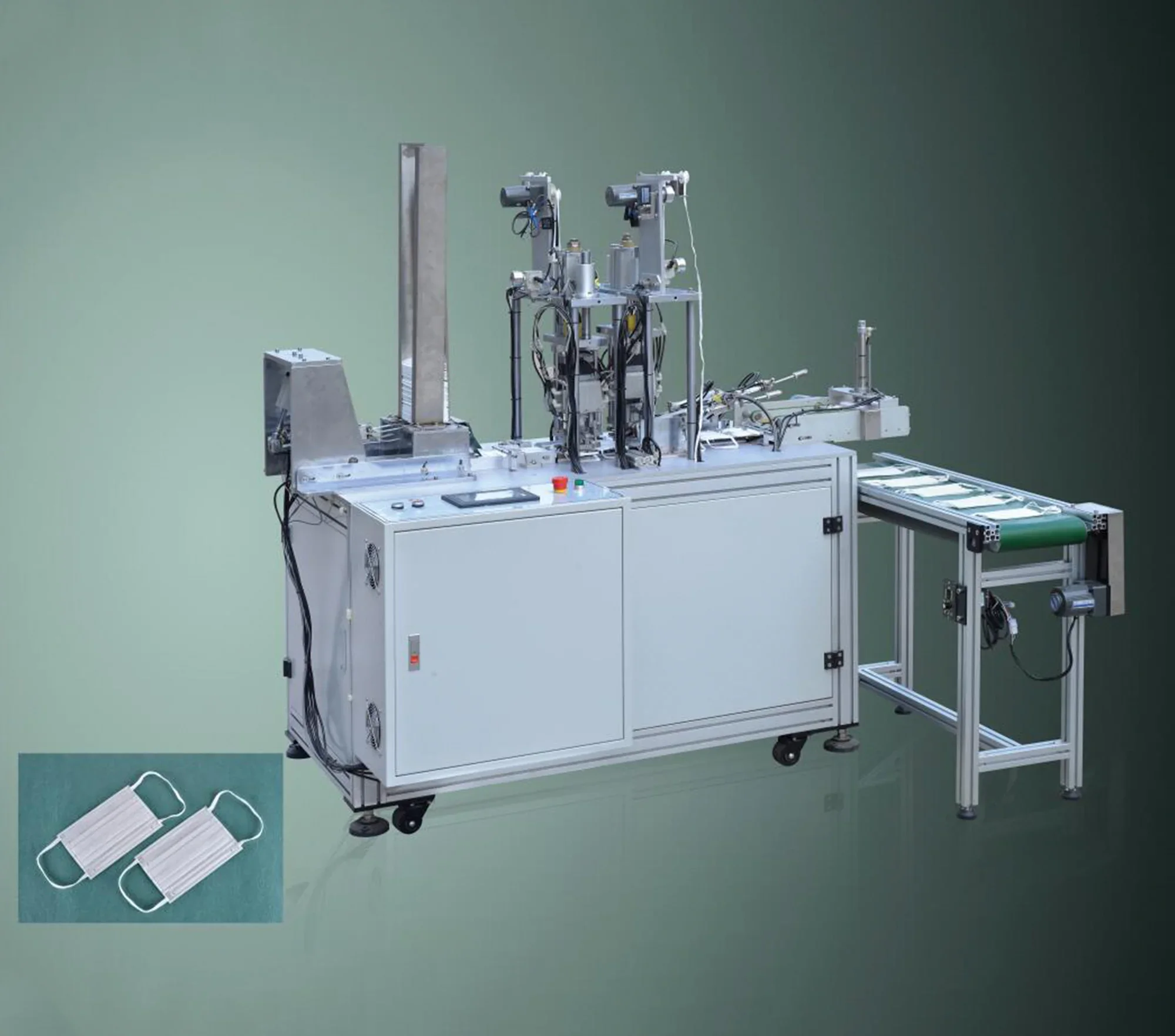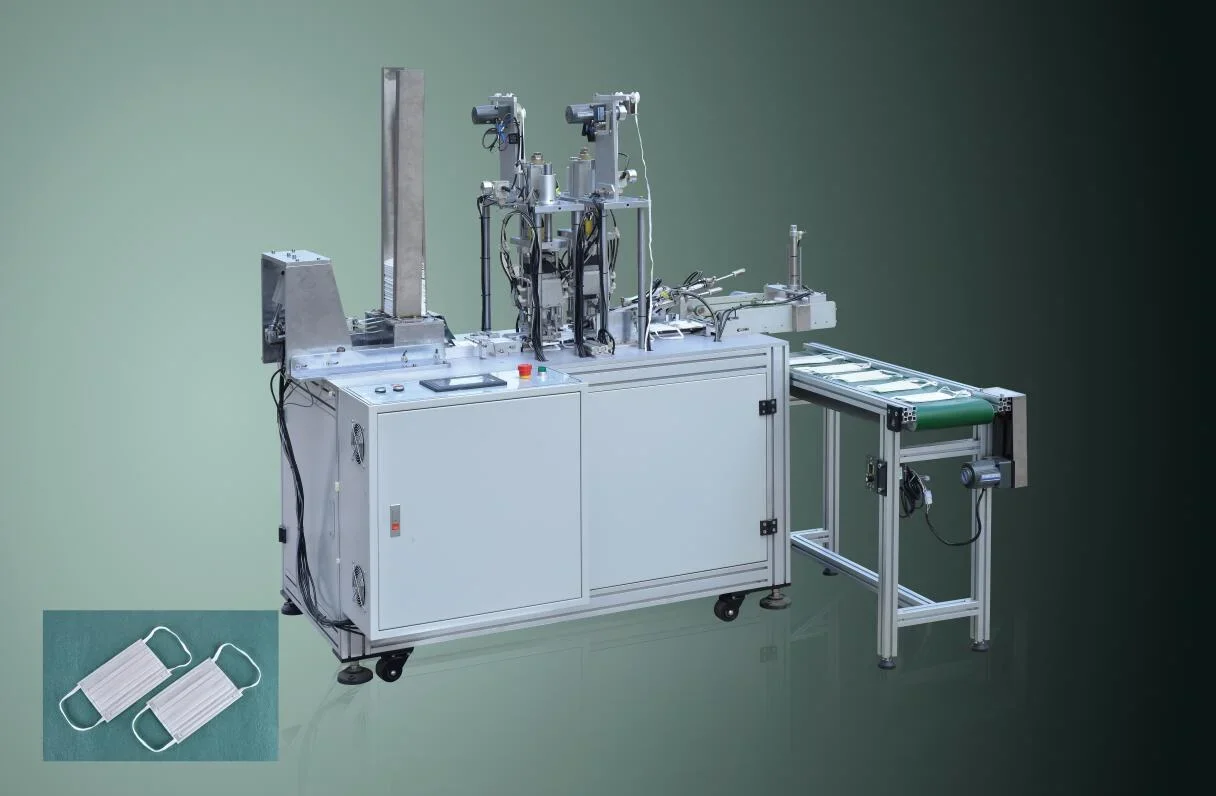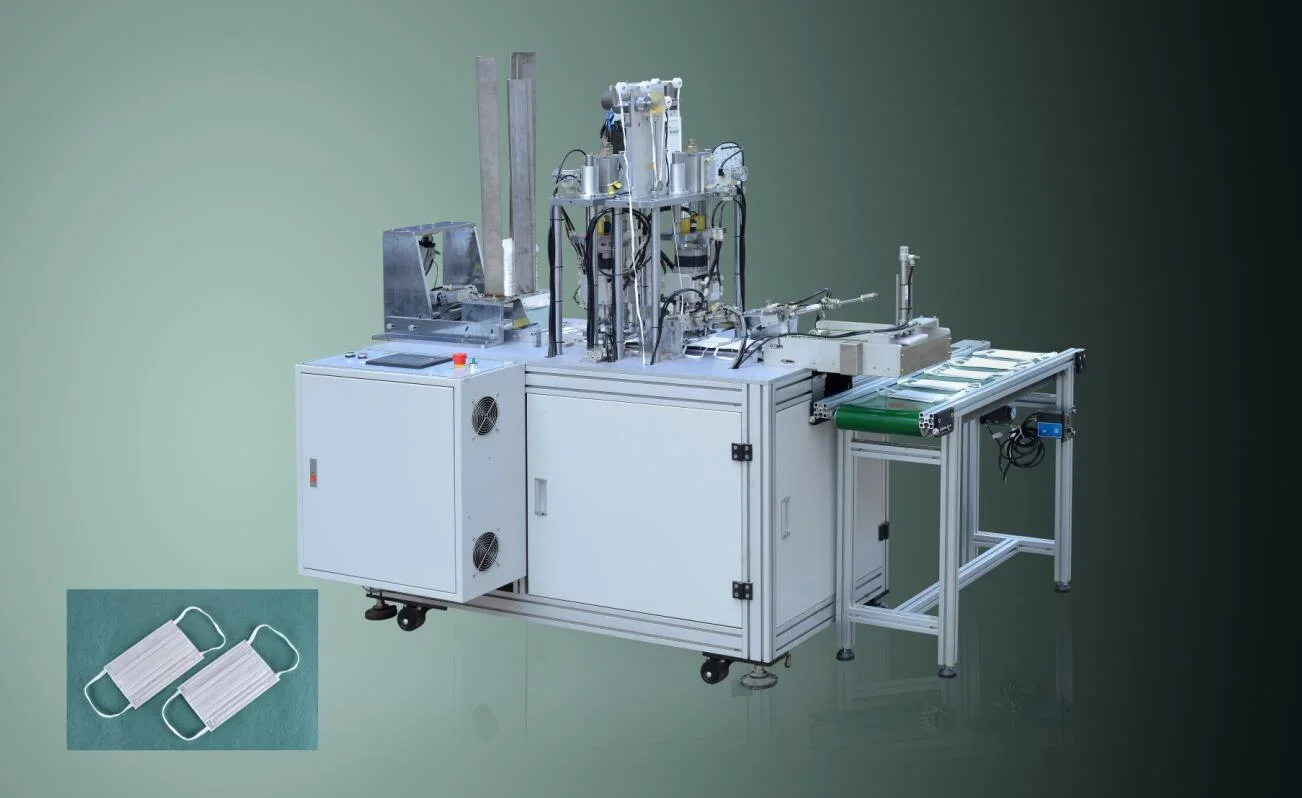In fast-paced manufacturing environment, efficiency and precision are paramount. The shift from manual processes to automated systems has revolutionized various industries, particularly in the production of face masks. One key innovation in this domain is the auto-feeding mask sealing machine. This article explores the advantages of transitioning from manual to automatic systems, focusing on how these machines enhance productivity, improve quality, and reduce operational costs.
Understanding Auto-Feeding Mask Sealing Machines
Auto-feeding mask sealing machines are designed to automate the entire process of mask production, including feeding, sealing, and packaging. These machines utilize advanced technology to ensure that each step is performed with minimal human intervention, resulting in higher efficiency and consistency.
Key Features:
PLC Control System: Programmable Logic Controllers (PLCs) allow for precise control over the machine's operations, enabling easy adjustments and monitoring.
Touch Screen Interface: User-friendly interfaces facilitate quick setup and operation, reducing training time for operators.
High-Speed Production: Capable of producing thousands of masks per hour, these machines meet the growing demand for personal protective equipment (PPE).

Enhanced Efficiency and Productivity
One of the most significant advantages of auto-feeding mask sealing machines is their ability to enhance efficiency and productivity.
Increased Output: Automated systems can produce masks at speeds significantly higher than manual methods, often achieving outputs of 2,500 to 3,000 bags per hour. This increase in production capacity allows manufacturers to meet high market demands without compromising quality.
Streamlined Operations: Automation reduces the number of manual tasks involved in mask production. Processes such as feeding materials, sealing edges, and packaging are synchronized to minimize downtime and material wastage. This seamless workflow leads to a more efficient production cycle.
Reduced Labor Costs: With fewer operators needed to oversee the process, companies can allocate their workforce more effectively. This not only reduces labor costs but also allows skilled workers to focus on more value-added tasks within the organization.
Improved Quality Control
Quality is critical in mask production, especially given the health implications associated with their use. Auto-feeding mask sealing machines contribute significantly to maintaining high-quality standards.
Consistent Sealing Quality: Automated systems ensure that every seal is uniform and meets specified standards. Unlike manual processes that can vary due to human error, automated machines provide consistent results, reducing the risk of leaks or defects.
Advanced Detection Systems: Many modern machines are equipped with sophisticated vision systems that detect defects during production. Masks that do not meet quality standards can be automatically rejected, ensuring that only compliant products reach consumers.
Enhanced Hygiene Standards: Automated processes reduce human contact with products, minimizing contamination risks. This is particularly important in industries where hygiene is paramount, such as healthcare and food packaging.

Flexibility and Customization
Auto-feeding mask sealing machines offer flexibility that can adapt to various production needs.
Versatile Applications: While primarily designed for face masks, many of these machines can also handle different types of packaging materials and products. This versatility allows manufacturers to diversify their offerings without investing in multiple machines.
Customizable Settings: Operators can easily adjust settings for different product specifications through intuitive interfaces. This adaptability is crucial for manufacturers looking to respond quickly to changing market demands or consumer preferences.
Scalability: As businesses grow, automated systems can be scaled up by adding additional machines or integrating them into existing production lines without significant disruptions.
Cost Savings Over Time
While the initial investment in auto-feeding mask sealing machines may be higher than manual systems, the long-term cost savings are substantial.
Reduction in Material Waste: Automated processes optimize material usage by minimizing errors associated with manual handling. This leads to lower material costs over time as less product is wasted during production.
Lower Operational Costs: With increased efficiency and reduced labor requirements, companies can significantly lower their operational costs while maintaining high output levels.
Improved Profit Margins: The combination of higher productivity and lower costs contributes directly to improved profit margins for manufacturers who adopt these technologies.

Conclusion
The transition from manual processes to automatic systems like auto-feeding mask sealing machines represents a significant advancement in manufacturing practices. The advantages of increased efficiency, improved quality control, flexibility in operations, and long-term cost savings make these machines an essential investment for any business involved in mask production or similar industries.
As demand for high-quality PPE continues to rise globally, embracing automation will not only enhance operational capabilities but also position manufacturers favorably in a competitive market landscape. By investing in technology that streamlines processes while ensuring product integrity, companies can better meet consumer needs while driving growth and sustainability in their operations.
Solving Mask Sealing Challenges: The Auto-Feeding Machine Solution

